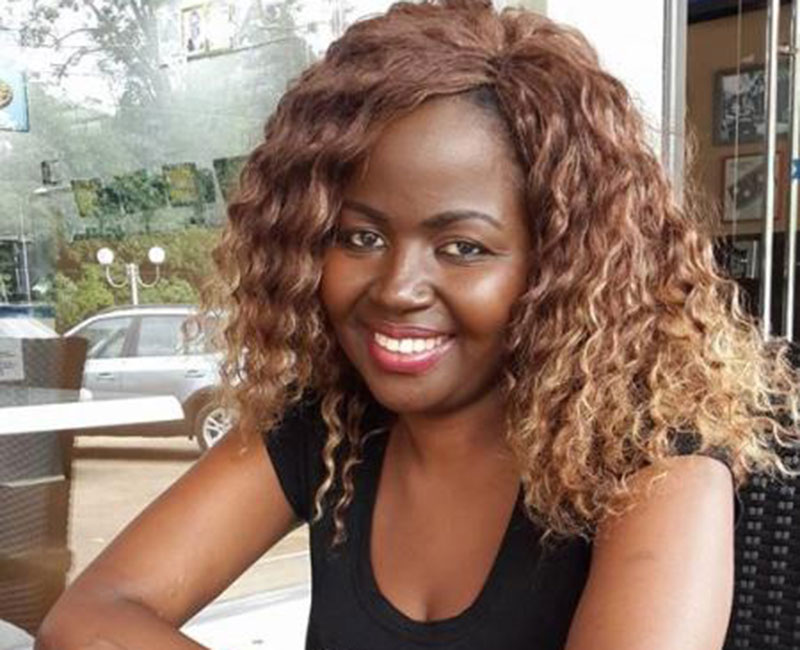
A little known fact about kidney transplant is that doctors do not remove the affected kidney, they just add the new one in. Thirty three-year-old Mary Eve Wanjiku has had two kidney transplants which means she actually has four kidneys. However they have all failed. She narrates to Jacqueline Mahugu the agony she has undergone for 10 years.
I have added four kilogrammes in three days. This is not from eating too much, but because I‘ve lost the ability to pee. It has been hundreds of days since I could pee, actually. It is my biggest desire to be able to urinate like I once used to. Yes, I do get pressed but I think it‘s mental because even an ultrasound shows that there is nothing in my bladder. I can sit on the toilet but nothing will come out.